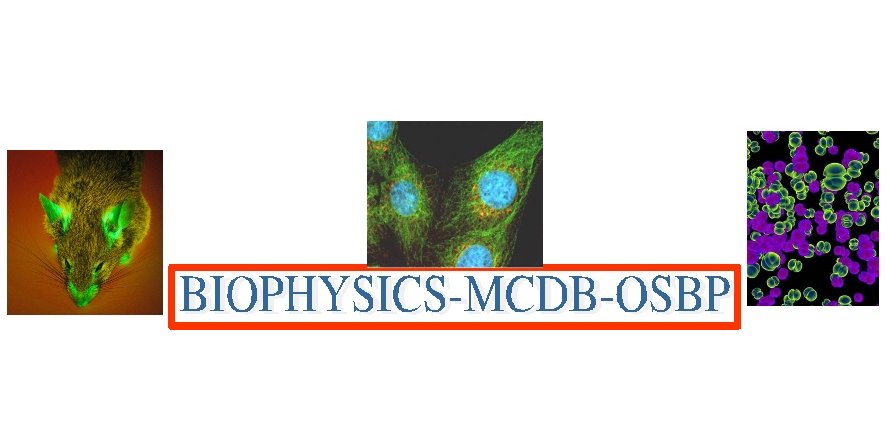Interdisciplinary Graduate Programs Symposium

2012 OSU Molecular Life Sciences
Interdisciplinary Graduate Programs Symposium

Poster abstracts
Abstract:
Adeno-associated virus (AAV) is a small non-pathogenic parvovirus. AAV has been extensively studied for its potential as a gene therapy vector because it is non-pathogenic, exhibits long-term expression, and transduces both quiescent and dividing cells. Overexpression of insulin growth factor 1 (IGF-1) has shown to be a viable therapeutic for the treatment of amyotrophic lateral sclerosis (ALS), and AAV is a potential delivery tool. However, a particular challenge associated with the use of AAV as a gene therapy vector is pre-existing immunity mediated by neutralizing antibodies to the vector capsid. Previous studies have shown that in a general population over 50% are seropositive for AAV1 and AAV2, while significantly lower percentages are seropositive for AAV5, AAV8, and AAV9. We examined a cohort of ALS patient sera to determine the prevalence of neutralizing antibodies to AAV1, AAV2, and AAV9. Further we examined the spread of transduction in the spinal cord for these same vectors to determine the optimal vector for maximum transduction. A higher cross reactivity among serotypes in an ALS patient population suggests that transduction efficiency and spread alone may determine the optimal vector for therapeutic gene delivery, and our studies indicate that rAAV1 is the superior serotype based on motor neuron transduction and spread following intrathecal delivery.
Keywords: AAV, ALS, Intrathecal